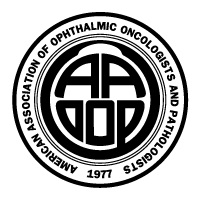
In conjunction with the American Association of Ophthalmic Oncologists and Pathologists
2023
Myth or Reality? Wide-Opening Breakthroughs in Ophthalmic Oncology and Pathology took place Friday, Nov. 3.
You can still view content from this meeting if you registered for the Subspecialty Day in-person meeting or Subspecialty Day Virtual–Friday. The virtual meeting platform is open through March 1.
Access Now
On the next screen click the "Continue with SSO" button to enter the virtual meeting platform. Learn more about the virtual meeting.